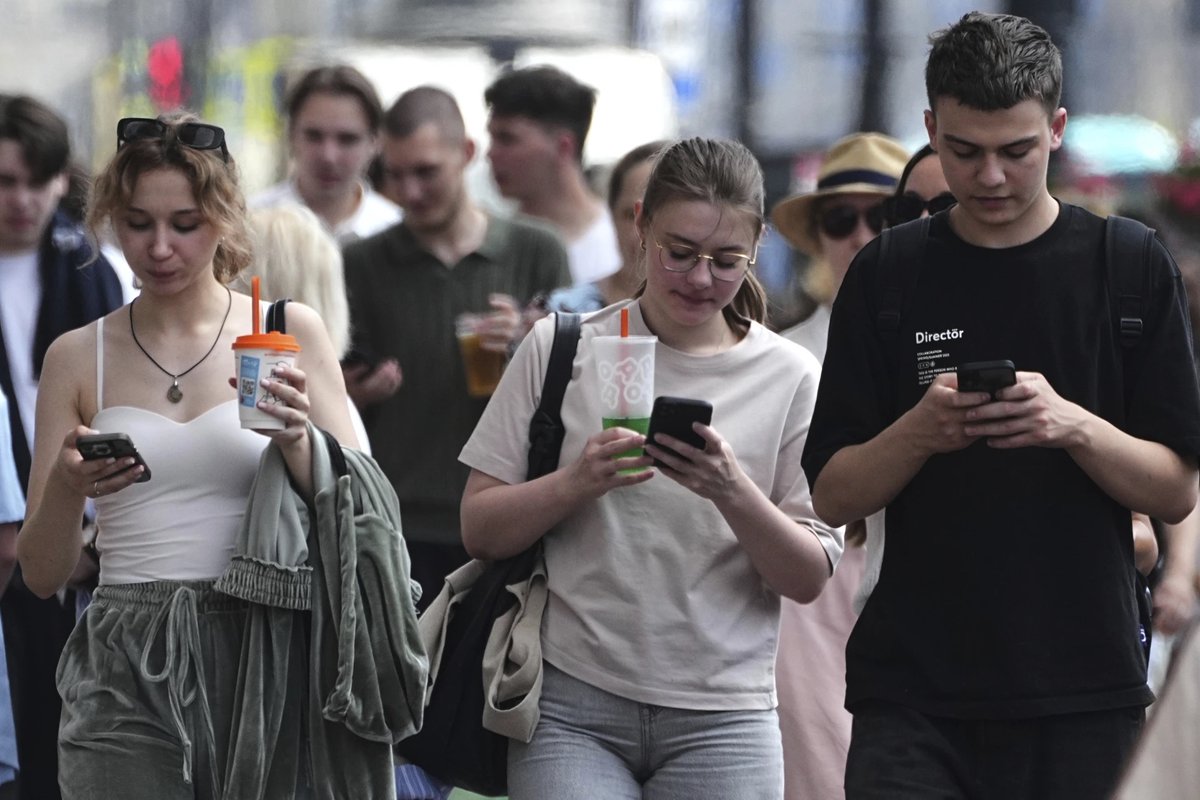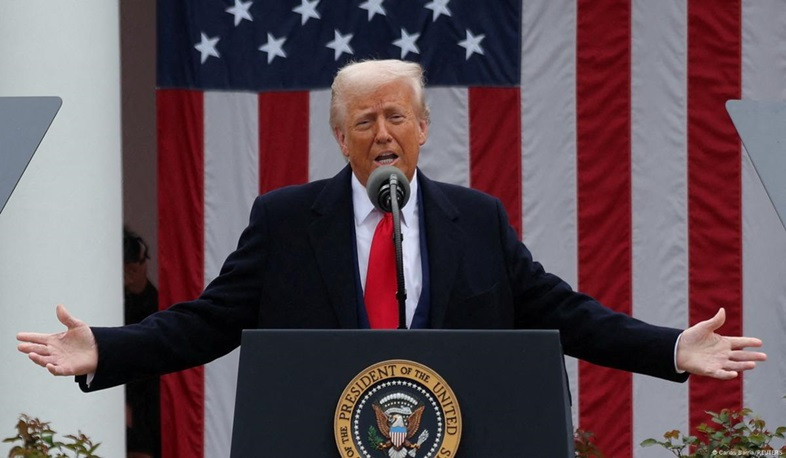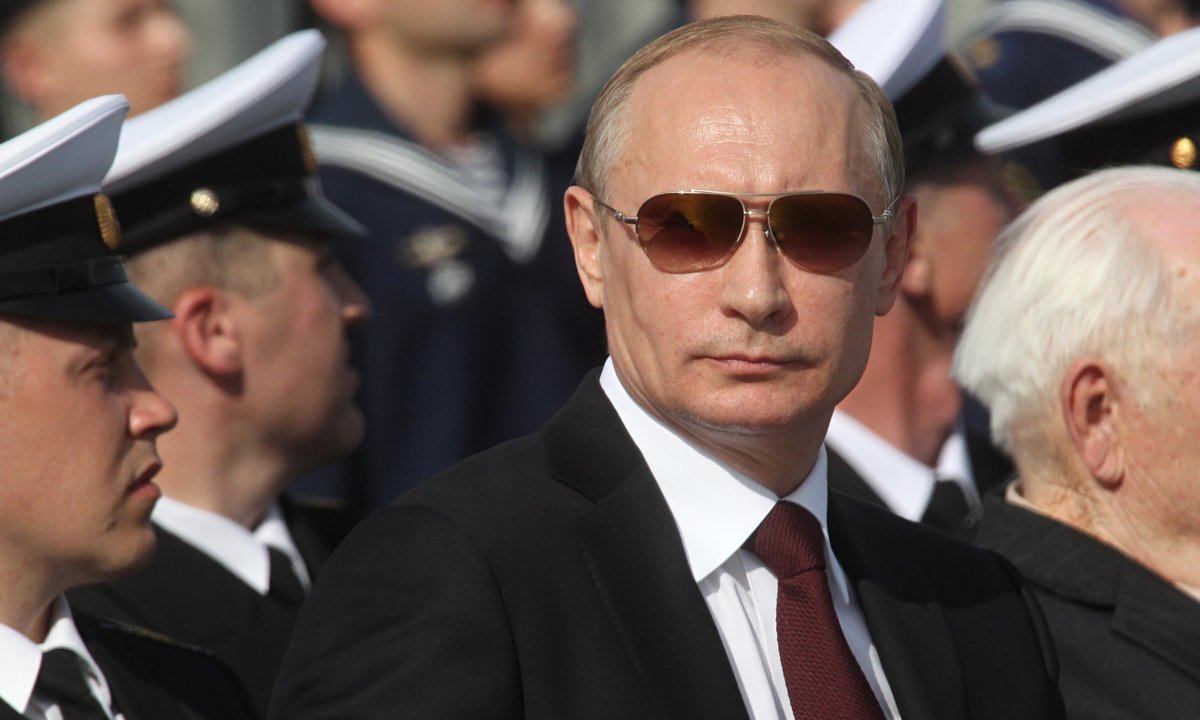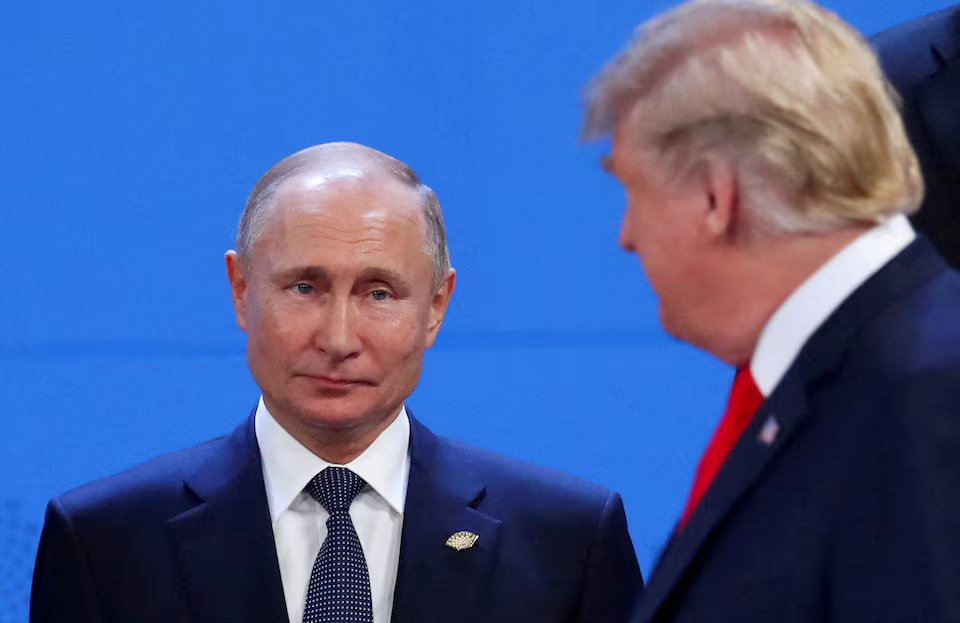Russia is sealing off the internet to isolate its people.
AP news: In July, Russia passed a law that punishes users for searching “extremist” content — LGBTQ+ topics, Navalny’s memoir, and anti-Kremlin music.
State agencies are blocking VPNs to cut access to banned sites. 1/
AP news: In July, Russia passed a law that punishes users for searching “extremist” content — LGBTQ+ topics, Navalny’s memoir, and anti-Kremlin music.
State agencies are blocking VPNs to cut access to banned sites. 1/

Russian authorities now disrupt YouTube, WhatsApp, Signal, and Facebook.
They plan to ban WhatsApp (97M users) and replace it with MAX — a state-run app preinstalled on all phones. 2/
They plan to ban WhatsApp (97M users) and replace it with MAX — a state-run app preinstalled on all phones. 2/
MAX shares user data with authorities and bundles messaging, payments, and government services.
The government is ordering officials and employees to switch. Only 2M users have registered. 3/
The government is ordering officials and employees to switch. Only 2M users have registered. 3/
Since 2022, Russia has slowed or blocked access to foreign-hosted websites.
Services using Cloudflare or similar providers often fail to load. The goal is to force users migration to state-controlled infrastructure. 4/
Services using Cloudflare or similar providers often fail to load. The goal is to force users migration to state-controlled infrastructure. 4/
Costs for internet provider licenses rose from $90 to $12,300 in 2024. 7 firms now control most Russian IP addresses. State-run Rostelecom alone holds 25%. 5/
Roskomnadzor filters all web traffic, inspects DNS requests, and blocks content in real time. Analysts say the Kremlin’s tools are now more effective than past attempts to copy China’s Great Firewall. 6X
Source: apnews.com/article/russia…
• • •
Missing some Tweet in this thread? You can try to
force a refresh







